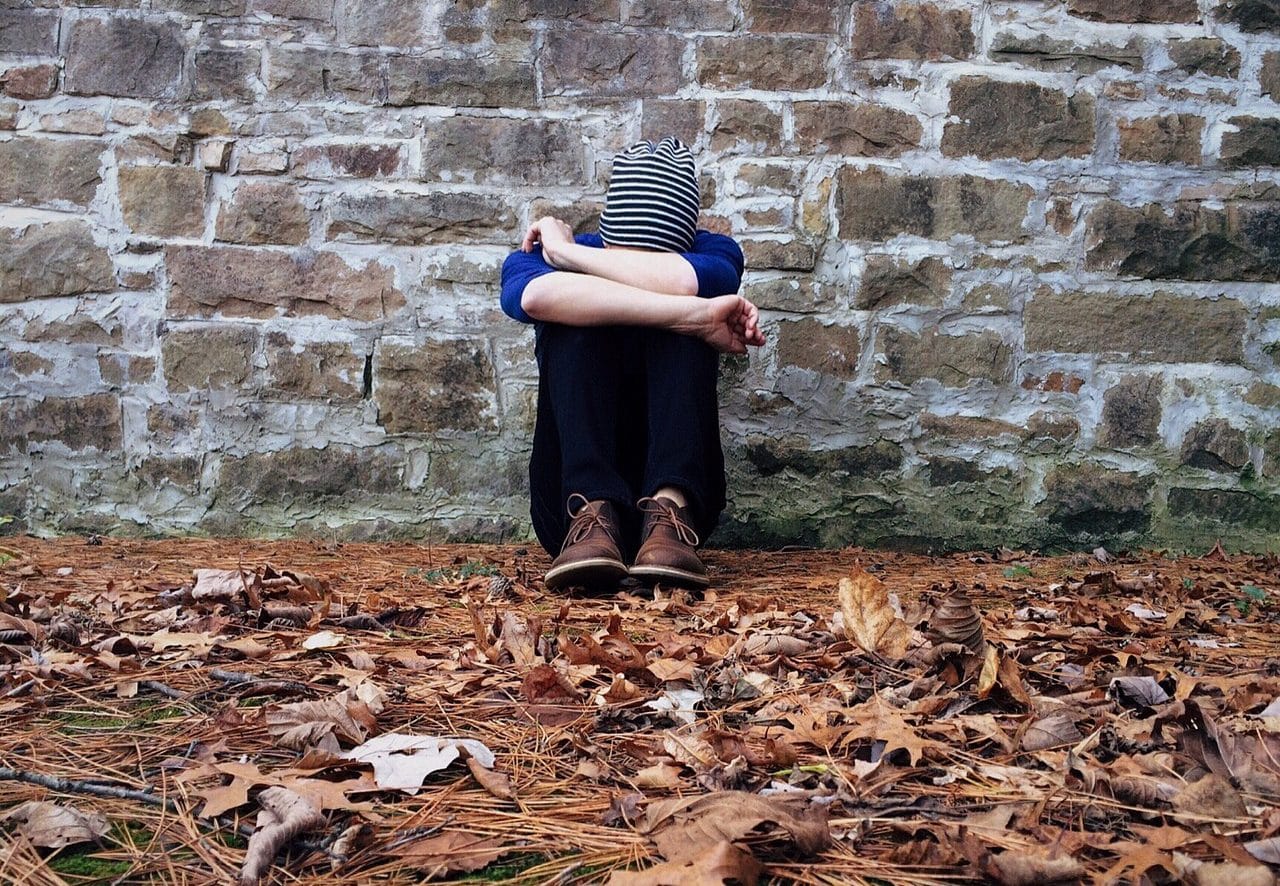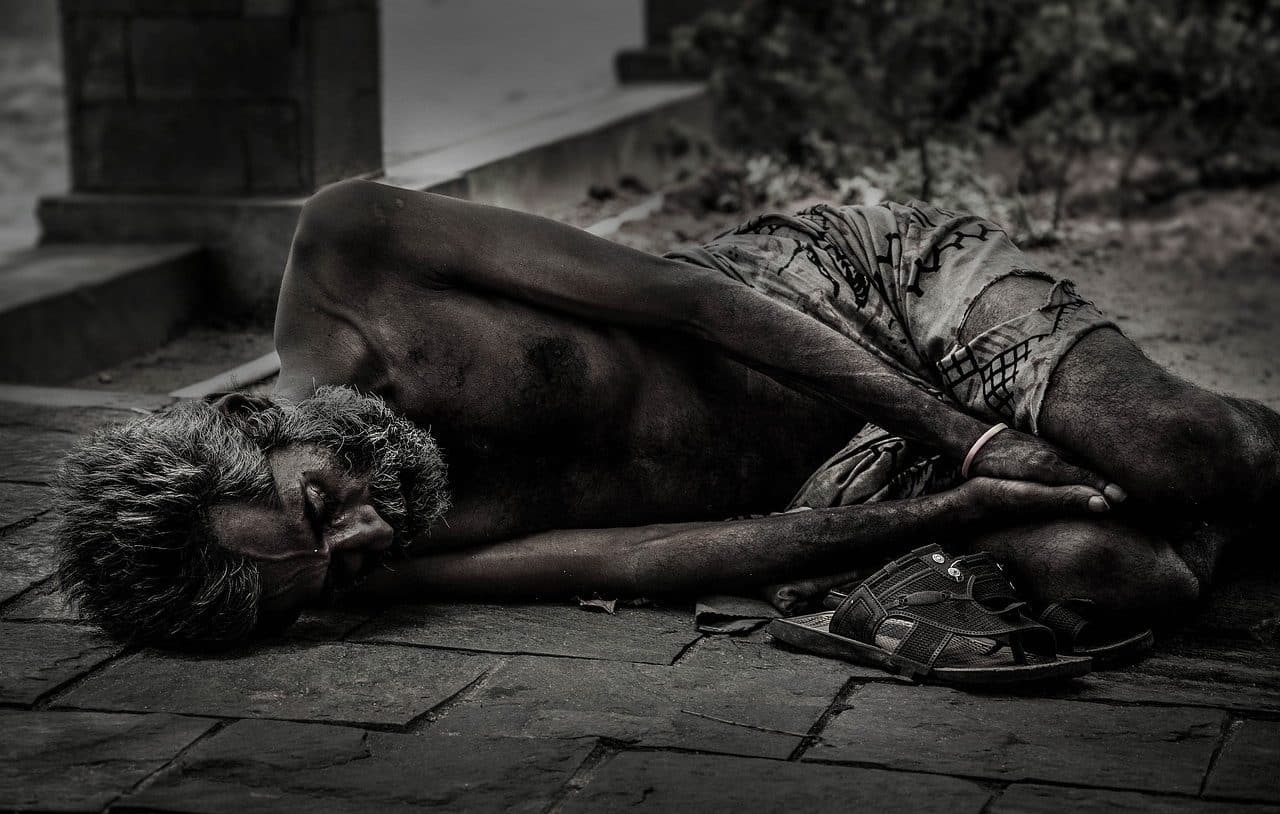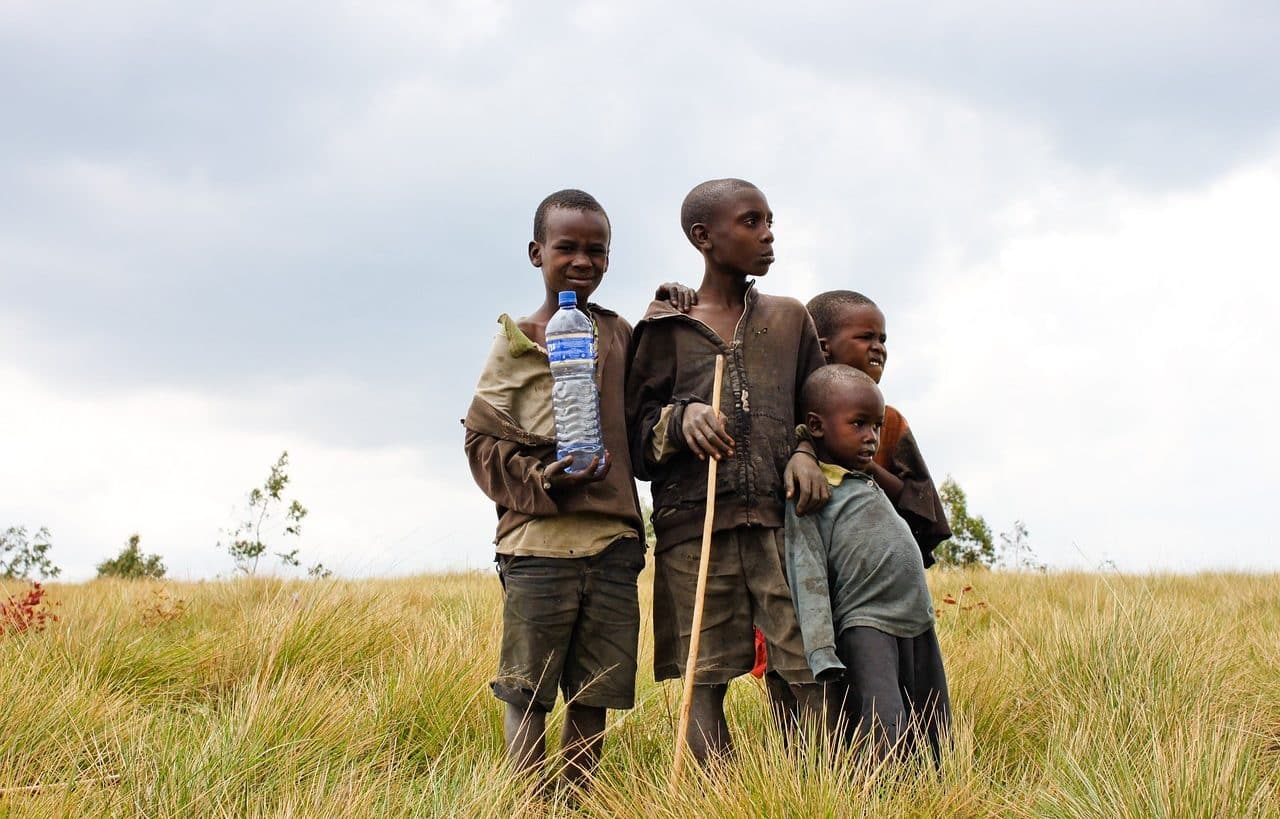
Homelessness can be linked to a person's loneliness and vulnerability.
Helplessness is the act and result of abandoning : leaving something or someone without protection. The idea of amparo , meanwhile, refers to protection, shelter or refuge.
When a person suffers from helplessness, they are neglected or abandoned . The situation assumes that there are no individuals or entities that provide you with the assistance or help you need.
Concept of helplessness
Helplessness can be understood in different ways or with different nuances depending on the context. For psychology , it is a feeling of helplessness and weakness that makes a subject, upon perceiving his or her inability to change or face a reality, leave aside the possibility of improvement, become resigned and need help to move forward.
Helplessness can be recognized as an individual state : the person "feels helpless." The situation that causes him to register that sensation, on the other hand, is social , since he contemplates another who should come to his aid .
As can be seen, subjectivity appears in the notion of helplessness. No one is in a position to deny someone who says they feel helpless; However, it could be noted that, in reality, the individual in question has support and has resources and tools at his or her disposal to overcome adversity.

Social exclusion generates helplessness.
depression
Homelessness is often associated with depression . Feeling abandonment and isolation generates anguish, promotes low self-esteem and leads to heartbreak . Those who are immersed in hopelessness , in this way, may suffer from depression or other mental illnesses.
Beyond what is usually expressed in colloquial language, depression is a specific disorder that must be diagnosed by a specialist. As such, the treatment has to be indicated by the professional, who has the necessary knowledge and instruments to help overcome emotional instability .
Causes of helplessness
Regardless of psychology and clinical conditions, there are numerous reasons that make a human being helpless. Faced with each cause, society can provide assistance or support:
- Child lack of protection : All children need protection to satisfy their material and emotional needs; Without shelter, they cannot grow healthily or develop. Bullying , lack of education, malnutrition , child labor and domestic violence are some of the factors that threaten the well-being of children. Perhaps the best example of homelessness are the so-called street children , who are minors who do not have a roof over their heads.
- Humanitarian crisis : Armed conflicts and natural disasters generate conditions of adversity that leave thousands or even millions of people helpless, who may even be forced into forced migration . In these cases, the cooperation of States and international organizations is essential to alleviate the needs of the population.
- Social marginalization : An economic crisis of great magnitude or sustained over time results in a growth in helplessness at a general level. Many individuals, upon losing their jobs and not having the minimum economic resources for subsistence, are left outside the system and require help to escape poverty or destitution and reintegrate into society.

Homelessness is usually a consequence of the deprivation of rights.
Its consequences
Helplessness causes multiple consequences. Most of them are psychological , although in some cases there are also physical effects.
The helpless subject may suffer sadness, unhappiness, fear and even despair. Emotional pain sometimes turns into trauma or leads to resentment and resentment.
Homelessness linked to unemployment and economic hardship, on the other hand, can be related to material or external circumstances such as being homeless, lack of health services and labor exploitation and to issues such as being more susceptible to being a victim of harassment , insecurity , discrimination and other problems. This social isolation , in turn, increases the risk of falling into alcoholism, drug addiction and other scourges.
Avoiding or reversing homelessness can be a moral obligation : no one should be indifferent to the suffering of others. In certain contexts, however, this obligation is legal since there is a responsibility established by law regarding the fate of another individual.
Helplessness in the judicial field
The idea of helplessness is also used in the judicial field. In criminal law , helplessness is referred to when someone does not receive the assistance or care that is considered appropriate.
In this way, the person in question is a victim of the crime of omission of the duty to provide assistance . Although the classification depends on each legislation, it is usually established that this crime punishes the man or woman who does not help someone who is helpless and in obvious danger.
Regarding civil law , homelessness is the result of failure to comply with the protection rights linked to the custody of children. The lack occurs when minors do not receive the material and moral assistance that their parents or guardians are obliged to provide them.
